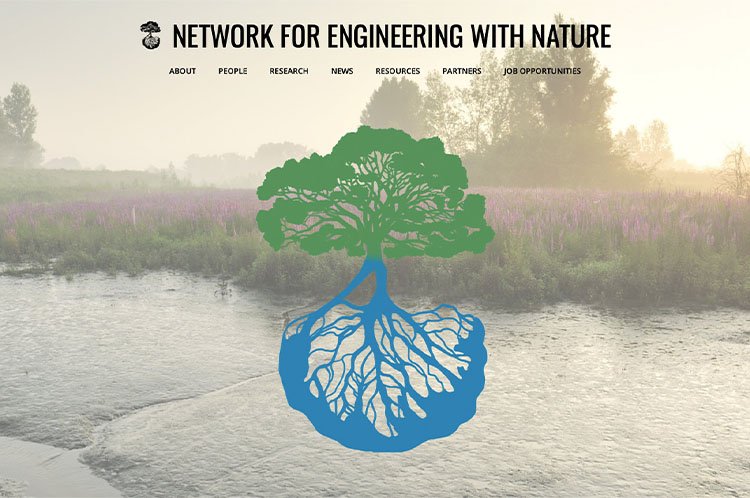
RxN Collaboration Platform Feasibility Study
Resilient by Nature Project (RxN)
This feasibility study is grounded in RxN's broader effort to expand the role of nature in Chicago’s neighborhoods to improve health and quality of life through nature-based solutions (NBS). Green Infrastructure (GI) implementation is one of many potential NBS strategies. This research examines barriers to both the prioritization of GI, and to interagency collaboration. Prepared by Foresight Design.

Aligning and Scaling Green Infrastructure Efforts
Resilient by Nature Project (RxN)
Green infrastructure can provide many benefits in the Chicago region. Achieving these benefits at a meaningful scale, however, will only be accomplished through greater alignment, innovation and collaboration. This webinar explores topics relevant to creating a coherent and collaborative "Green Infrastructure Agenda" for scaling local efforts. Among other topics, the session explores finance, maintenance, data and research, drawing upon examples that are successfully scaling impact in other areas.

Network for Engineering with Nature
U.S. Army Corp of Engineers
The Network for Engineering with Nature (N-EWN) is an active community of researchers, practitioners, and educators who are addressing the major infrastructure challenges facing our society while creating opportunities that align ecological, social, and engineering processes to achieve multiple societal benefits.

Climate Risks and Opportunities in the Great Lakes PDF
Environmental Consulting & Technology, Inc.
This report examines several dimensions of how communities, municipalities, and states in the Great Lakes region can anticipate: the risks posed by climate-change-worsened stormwater events, the vulnerabilities among their populations, and their workforce capacity to execute Green Stormwater Infrastructure (GSI) projects. It also presents ways to strategically finance projects for maximum value and efficiency.

Calumet Stormwater Collaborative
Calumet Stormwater Collaborative (CSC) is a diverse group of stakeholders working to improve coordination of knowledge, technology and financial resources to minimize the negative impacts of stormwater in the Calumet region. Facilitated by Metropolitan Planning Council, CSC aims to build intergovernmental and cross-sector partnerships to increase the effectiveness of stormwater management initiatives for the communities and ecosystems of the Calumet region through knowledge-sharing, coordination and deployment of interventions at appropriate scales.

Collaboration on Nature-Based Solutions is Key to Resilient City Infrastructure
World Resources Institute
Research shows that nature-based solutions (also sometimes called “natural” or “green” infrastructure) such as trees, wetlands, parks, open spaces and green roofs can address many of these problems at once. Nature-based solutions serve as multi-benefit infrastructure that meet core community needs while also providing co-benefits.

Joint Benefits Authority
World Resources Institute
The Joint Benefits Authority is an independent entity for collaboration that allows joint planning, funding, project delivery, and long-term stewardship for transformational projects that deliver multiple benefits to communities by scaling natural infrastructure approaches. As a tool/framework/approach, it provides a more effective way to address challenging cross-sector problems faced by communities through collaboration.

Using Green Infrastructure to Enhance Urban Biodiversity in the MMSD Planning Area PDF
Milwaukee Metropolitan Sewerage District (MMSD)
Recognizing that its activities to provide water reclamation and flood management services directly impact urban biodiversity, MMSD wrote this plan, with the support of local stakeholders, to help protect and restore native biodiversity within their planning area through the application of green infrastructure.

Chicago and Calumet Rivers Watershed Council
In 2020, the Chicago-Calumet River Watershed Council (Watershed Council) established a forum to expand collaborative watershed-based stormwater management using multi-benefit nature-based solutions. The 16-member Watershed Council’s approach is to maximize multiple ecological, social, and climate resiliency objectives across jurisdictional boundaries.
